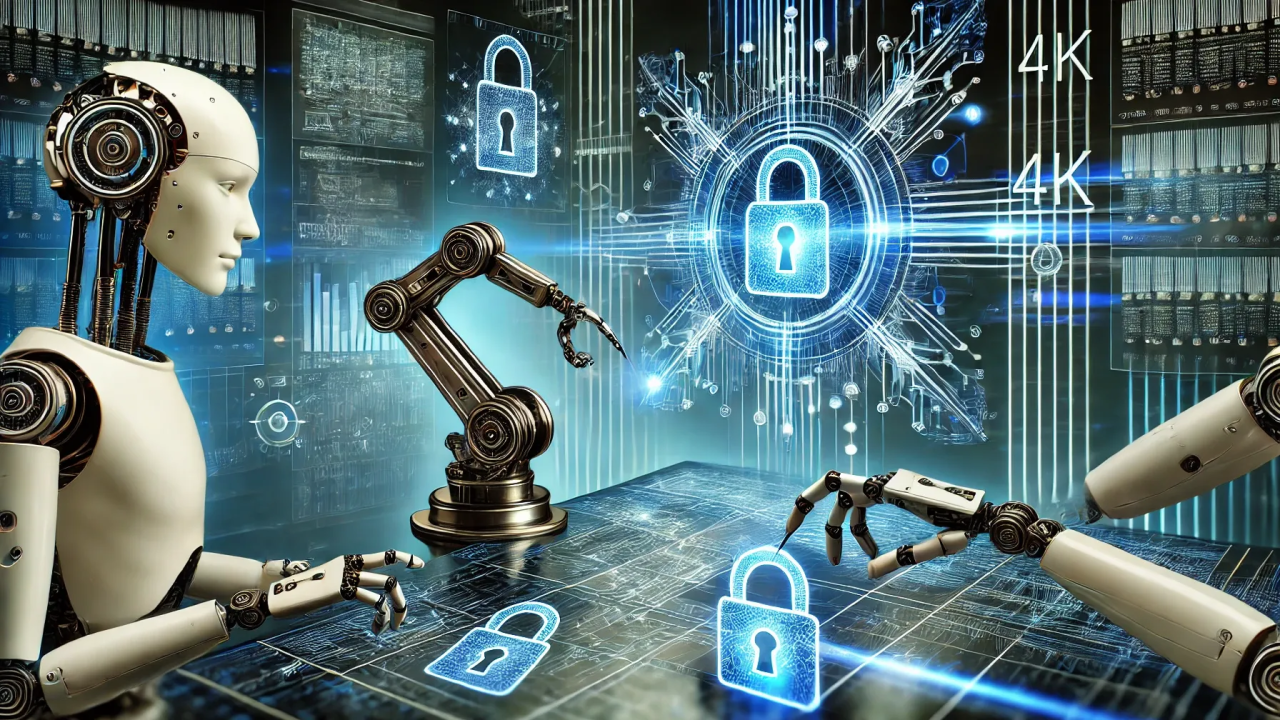In 2025, artificial intelligence (AI) and automation are not just buzzwords—they are transformative forces reshaping the global workforce. From streamlining operations to redefining job roles, these technologies are at the forefront of a new industrial revolution. While they offer unprecedented opportunities for efficiency and innovation, they also pose significant challenges, including job displacement and the need for upskilling.
The Accelerating Pace of Automation
AI and automation are rapidly permeating various industries, leading to significant shifts in employment patterns. According to the World Economic Forum’s Future of Jobs Report 2025, automation and AI are expected to disrupt 85 million jobs globally by 2030. However, they are also projected to create 97 million new roles, resulting in a net gain of 12 million jobs. london-data-consulting.comCognitive Today
This dual impact underscores the importance of adaptability in the workforce. Jobs involving routine and repetitive tasks are most susceptible to automation, while roles requiring creativity, critical thinking, and emotional intelligence are likely to see increased demand.Bureau of Labor Statistics+6UNRIC+6EXIN+6
Industries Undergoing Transformation
1. Manufacturing and Logistics
Automation has long been a part of manufacturing, but AI is enhancing its capabilities. Smart factories now utilize AI-driven robots for tasks ranging from assembly to quality control. In logistics, AI optimizes supply chain management, predicts maintenance needs, and improves delivery routes.
2. Healthcare
AI is revolutionizing healthcare by enabling predictive diagnostics, personalized treatment plans, and efficient administrative processes. Machine learning algorithms analyze vast datasets to identify patterns and predict health outcomes, improving patient care and operational efficiency.
3. Finance
In the financial sector, AI automates tasks such as fraud detection, risk assessment, and customer service. Robo-advisors provide investment guidance, while AI-driven algorithms analyze market trends to inform trading strategies.
The Emergence of New Job Roles

While AI and automation displace certain jobs, they also give rise to new roles that require a blend of technical and soft skills. Some emerging positions include:
- AI Ethics Officer: Ensures that AI systems operate within ethical and legal frameworks.
- Data Curator: Manages and organizes large datasets for AI applications.
- Human-AI Interaction Designer: Develops interfaces that facilitate seamless interaction between humans and AI systems.
These roles highlight the shift towards a collaborative environment where humans and AI systems work in tandem.
The Imperative of Upskilling
To thrive in this evolving landscape, continuous learning and skill development are crucial. Workers must acquire competencies in areas such as data analysis, machine learning, and digital literacy. Soft skills like adaptability, problem-solving, and communication are equally important.
Educational institutions and employers play a vital role in facilitating upskilling initiatives. By providing access to training programs and resources, they can help workers transition into new roles and mitigate the risks associated with job displacement.
Societal Implications and Ethical Considerations
The integration of AI and automation into the workforce raises several societal and ethical questions.
- Job Displacement: As AI systems become more capable, there is a risk of significant job losses, particularly in sectors reliant on routine tasks. Policymakers must address this by implementing social safety nets and promoting job creation in emerging industries.
- Bias and Fairness: AI algorithms can inadvertently perpetuate existing biases present in training data. Ensuring fairness and transparency in AI decision-making processes is essential to prevent discrimination.
- Privacy Concerns: The use of AI often involves the collection and analysis of personal data. Establishing robust data protection regulations is necessary to safeguard individual privacy.
Preparing for the Future
As AI and automation continue to evolve, proactive measures are needed to ensure a smooth transition into the future of work.
- Policy Development: Governments should develop policies that encourage innovation while protecting workers’ rights and promoting equitable access to opportunities.
- Public-Private Partnerships: Collaboration between the public and private sectors can facilitate the development of training programs and support services for displaced workers.
- Lifelong Learning: Fostering a culture of lifelong learning will enable individuals to adapt to changing job requirements and seize new opportunities.
Conclusion
The integration of AI and automation into the workforce presents both challenges and opportunities. While certain jobs may become obsolete, new roles will emerge, requiring a shift in skill sets and mindsets. By embracing change, investing in education, and fostering collaboration, society can harness the potential of these technologies to create a more efficient, inclusive, and dynamic future of work.
For more insights into the evolving landscape of technology and its impact on the workforce, visit TechThrilled.
